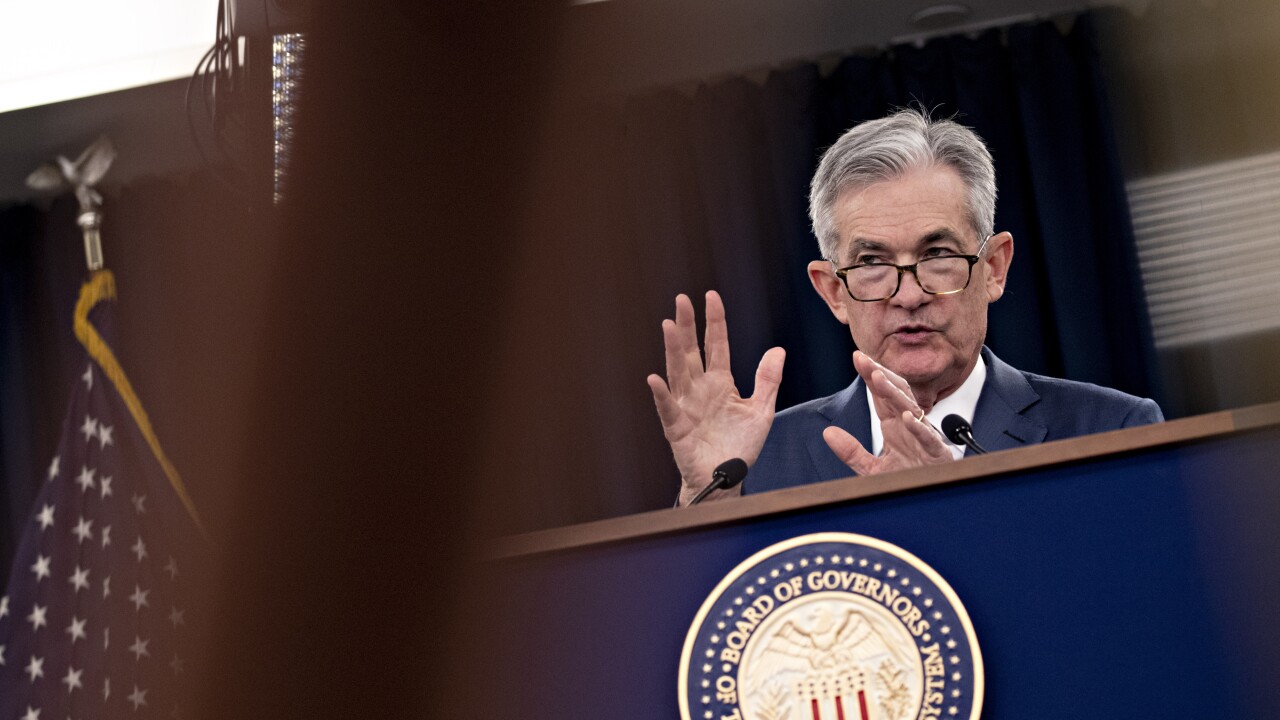WASHINGTON — The Federal Reserve ended a six-year-old enforcement action leveled against a foregin bank that processed more than $1 billion of illegal transactions in violation of U.S. sanctions against Iran.
On Tuesday, the Fed Board of Governors terminated a written agreement with the Industrial Bank of Korea and its New York branch, or IBK and IBKNY, respectively, both of which admitted in 2016 that they insufficient practices for detecting and reporting fraudulent activities.
The agreement required the banks to enhance their practices related to monitoring and reporting suspicious activities, adhering to anti-money-laundering laws and the Bank Secrecy Act, as well as regulations imposed by the Office of Foreign Assets Control.

Conditions of the agreement required the bank to provide quarterly reports to the Fed and the New York State Department of Financial Services about its progress on adhering to these stipulations.
The Fed's consent agreement with IBK and IBKNY was handed down in February 2016, after a routine supervisory examination by the Federal Reserve Bank of New York unearthed several compliance inefficiencies within the bank.
In December 2016, after the agreement went into effect, a
The companies were set up in Iran, Korea and elsewhere by an American citizen and used fake transaction documents to create a paper trail that allowed Iranian funds to be moved through IBK and other Korean banks, converted to U.S. dollars and, ultimately, transferred into U.S. financial institutions.
Over the course of five months in 2011, IBKNY unwittingly processed many of these bogus transactions. In August of that year, the bank flagged a set of transfers from one of the entities totaling $10 million with the Treasury Department and OFAC but never reported any of the other transactions, according to the FBI.
The bank blamed the issues on its lackluster systems for handling questionable transactions. From 2006 to 2013, these were processed manually and largely by a single employee who repeatedly asked for more resources, according to the NYDFS and the U.S. Justice Department. Regulators had identified these issues as problematic as early as 2010.
In 2020, the bank admitted that it willfully neglected to set up proper controls to monitor for AML/BSA compliance. As a result, it was fined $51 million by the Justice Department and $35 million by the NYDFS.





